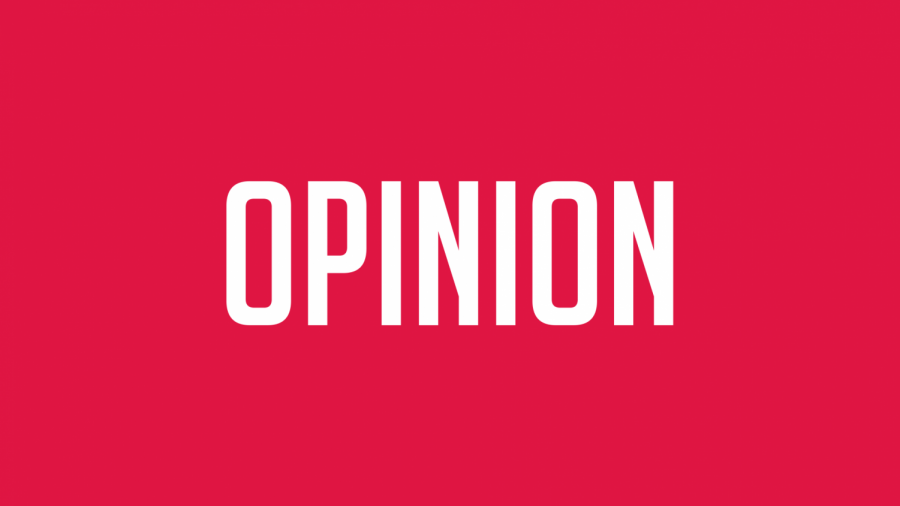OPINION: Hollywood confronted rape culture, so should we
October 18, 2017
Harvey Weinstein is only one small case within the scheme of a much larger problem. While it is devastating that it took years for Weinstein’s disgusting behavior to come into the public eye, it is not at all shocking. Rape culture thrives in America.
Our society’s reaction to a woman who claims sexual abuse dates back to Anita Hill’s sexual assault allegations in the ’90s toward her former employer, Supreme Court nominee Clarence Thomas. During Hill’s hearing with the Senate Judiciary Committee, her testimony was met with degrading commentary and skepticism about her motive, asking questions like, “Are you a scorned woman?”
They didn’t believe her. Thomas got a seat on the United States Supreme Court, and he resides there today.
She was alienated from her social life, and received death threats from people who did not believe her accusations had a place in the public sphere.
This was the beginning of a systemic pattern that allows abusers to walk free and forces victims to serve the consequences of speaking out.
According to Rape, Abuse & Incest National Network, “Out of every 1,000 rapes, 994 perpetrators will walk free.”
Psychological distress and societal pressures will continuously work to effectively trap victims unless someone dictates a serious, open conversation about sexual trauma.
Ninety-four percent of women who are raped experience symptoms of post traumatic stress disorder in the two weeks following their abuse, and 33 percent contemplate suicide.
Victims fear how people will look at them after they assert their abuse. They fear admitting the truth, because that would mean they have to relive the memory of it. They fear their abusers. They fear that no one will believe them. And they fear the embarrassing inability of our society to discern the palpable reality that constitutes sexual violence against men and women.
Additionally, a victim’s decision to stay quiet about a personal experience does not negate their ability to condemn rape culture or criticize those who perpetrate it.
Harvey Weinstein is nothing special, and his reputation certainly isn’t new. Courtney Love attempted to warn young Hollywood performers about him over a decade ago, and she was effectively banned from the Creative Arts Agency for her vocality.
Our justice system is a byproduct of the societal notion that a conversation about non-consensual sex is rarely worth the discomfort it causes.
Of course it took years for Weinstein to face any real consequence of his despicable actions. He’s a man with a lot of power.
Beyond the necessity for Weinstein’s conviction, action should be taken as a result of the numerous actresses and actors coming forward about individuals who use their powerful positions as leverage for unwanted sexual conquest.
This is not a time for condolences and empty expressions of sorrow or disdain. Thoughts and prayers did not solve problems of the past, and there is no room for anyone to use those intangible sentiments to combat the serious problem we face now.
It’s time to learn from the misconceptions and cruelties that plagued our country’s comprehension of rape culture and actively seek to reverse their impact.
Awareness campaigns such as the “Me Too” hashtag currently trending on social media are a decent start. However, awareness needs to breed legal and feasible resolutions that resonate in a societal mindset as well as the governmental institutions that have historically stagnated progress in this realm.
The problem is not the victims. It is the system that both directly and indirectly justifies and tolerates sexual abuse more often than it sympathizes with the plight of the abused.













